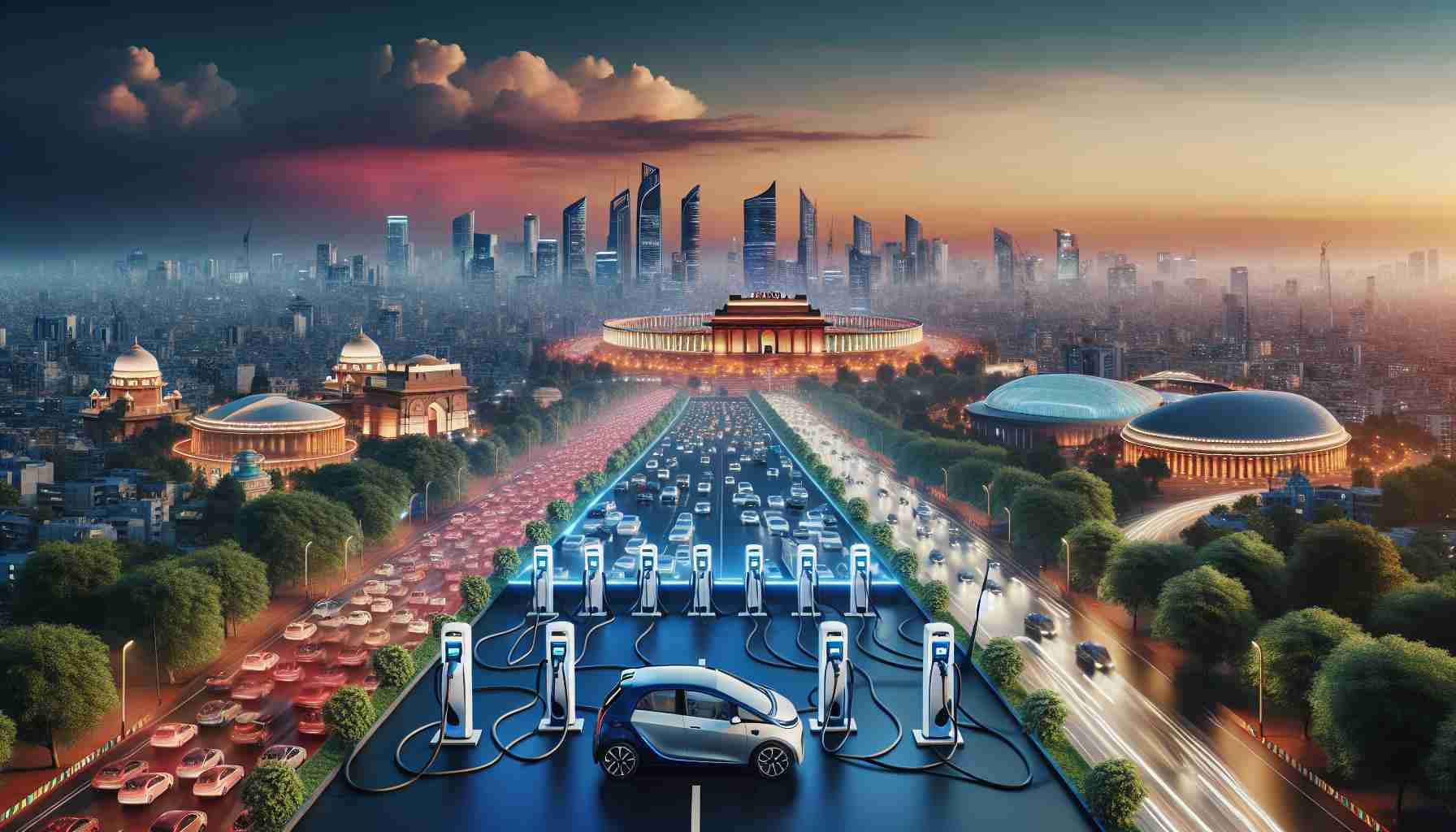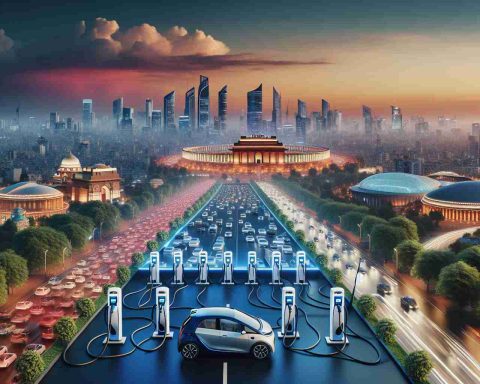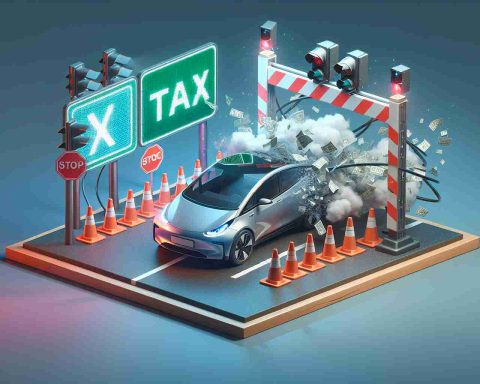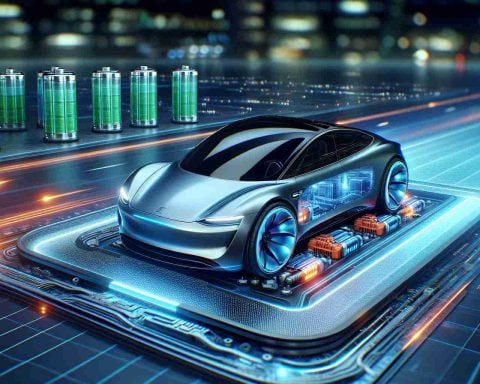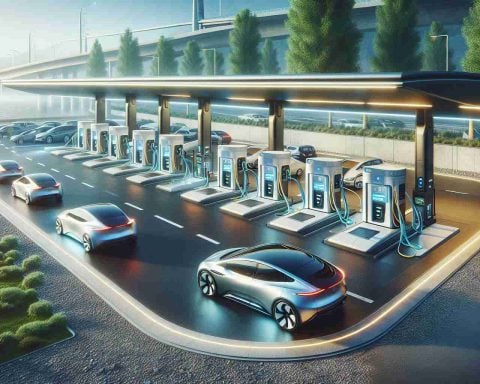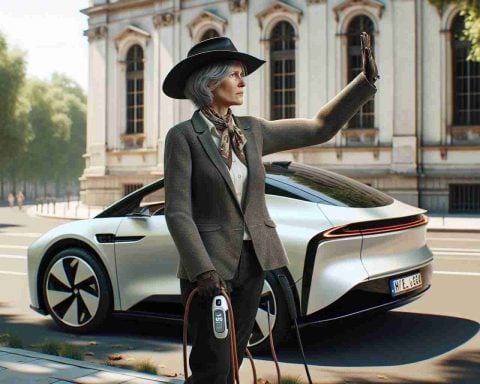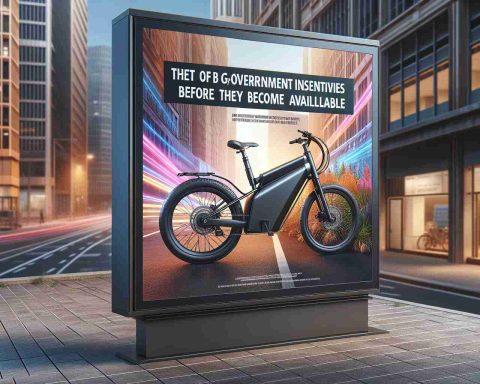- Jio-bp, a joint venture between Reliance Industries and BP, aims to install over 30,000 EV charging points in India by 2030.
- Strategic charging locations include malls, corporate parks, hotels, airports, and residential areas, all powered by green energy.
- These charging stations will alleviate “range anxiety” and promote rapid EV adoption, following global trends.
- The PM E-DRIVE scheme supports this initiative with a planned investment of INR 2,000 Cr for EV infrastructure development.
- As of late 2024, Jio-bp operates 500 stations with 5,000 charging points; state-run OMCs provide over 20,000 stations nationally.
- By 2027, Tata Motors plans to introduce 4 lakh charging points, highlighting competitive advancements in the EV sector.
- The EV expansion aligns with India’s green aspirations and presents a $110.74 billion market opportunity by 2029.
An electric wave is sweeping across India, as the bustling streets soon prepare to hum with electric vehicles gliding silently onwards, charging through the veins of Jio-bp’s ambitious new plan. A joint venture between Reliance Industries and BP, Jio-bp is poised to transform the nation’s roads with over 30,000 new EV charging points by 2030. Picture this: charging stations popping up in the heart of malls, corporate parks shimmering with modernity, sprawling hotels, bustling airports, and the serene corners of residential societies—each place pulsing with green energy, powered by the sun.
As India races towards a sustainable future, these charging stations play a crucial role in reducing “range anxiety”—the constant fear of running out of battery mid-commute. Each station stands as a beacon of relief, promising rapid growth for EVs akin to global trends where a 5% adoption mark heralds exponential acceleration.
India’s journey to electrification gleams brighter under the PM E-DRIVE scheme, eyeing an investment of INR 2,000 Cr to accelerate EV infrastructure. As of late 2024, Jio-bp already fuels this momentum with 500 stations and 5,000 charging points nationwide, while state-run OMCs cover the map with over 20,000 stations. In just a few days, Tata Motors escalates the race further, targeting 4 lakh charging points by 2027.
This electrifying expansion not only aligns with India’s aspirations but also signals a $110.74 billion market potential by 2029, driven by subsidies, falling costs, and infrastructure advancements. In the dance of progress, Jio-bp stands ready, illuminating the path towards a green, electrified India.
India’s Breath-Taking EV Expansion: A Silent Revolution of Green Energy
How-To Steps & Life Hacks for Electric Vehicle Owners in India
1. Plan Your Route: Use EV-friendly apps to map out routes with charging stations.
2. Optimize Charging: Charge at home or overnight at stations to avoid peak-hour congestion.
3. Maintain Battery Life: Avoid extreme temperatures, and keep the battery charged between 20% and 80% for optimal health.
4. Explore Government Schemes: Leverage subsidies and incentives under schemes like FAME India.
Real-World Use Cases
1. Corporate Fleets: Major companies adopting EV fleets can benefit from reduced fuel costs and lower carbon footprints.
2. Ride Sharing: Companies like Ola and Uber are setting benchmarks by integrating EVs into their fleets, making rides greener and cheaper.
3. Public Transport: Several cities like Delhi and Bangalore are already deploying electric buses to cut emissions and costs.
Market Forecasts & Industry Trends
1. Market Growth: The Indian EV market is projected to reach $110.74 billion by 2029, implying robust growth due to government initiatives and technological advancements.
2. Industrial Shift: Auto manufacturers are pivoting towards EV production, with a surge in EV startups focusing on innovative charging solutions.
Reviews & Comparisons
– EV Charging Networks: Jio-bp vs. Tata Power: While Jio-bp aims for 30,000 charging points by 2030, Tata Motors targets a faster rollout with 4 lakh points by 2027.
– Cost Effectiveness: Jio-bp’s current network offers competitive pricing, contributing significantly to lowering the total cost of EV ownership.
Controversies & Limitations
– Availability and Access: While charging infrastructure is growing, rural areas still face accessibility issues.
– Grid Reliability: Increasing electricity demand raises concerns about grid capacity to handle the surge.
Features, Specs & Pricing
– Charging Speed: Jio-bp’s stations are equipped with both fast and super-fast charging options, ideal for different user needs.
– Sustainable Energy: Many stations are solar-powered, emphasizing sustainability.
Security & Sustainability Insights
– Data Security: Charging stations have integrated secure payment options and real-time data monitoring to ensure user privacy.
– Sustainability: Solar-powered charging stations reduce reliance on traditional power sources, promoting green energy.
Tutorials & Compatibility
– Using Charging Stations: Tutorials available on Jio-bp’s apps guide users in operating charging stations efficiently.
– Car Compatibility: Most stations support key automobile brands, enhancing user convenience.
Pros & Cons Overview
– Pros: Vast infrastructure rollout, backed by government support, potential cost savings, and environmental benefits.
– Cons: Infrastructure still developing, high initial purchase cost for EVs.
Recommendations & Quick Tips
– Eco-Entry Vehicle: Consider mid-range EVs for balanced performance and budget.
– Public Charging Etiquette: Reserve spots through apps and unplug promptly post-charging to avoid queues.
For more on the transition to electric vehicles in India, visit Jio-bp. By seizing the moment, Indians can not only embrace a new era of transportation but contribute to the collective goal of global sustainability.
